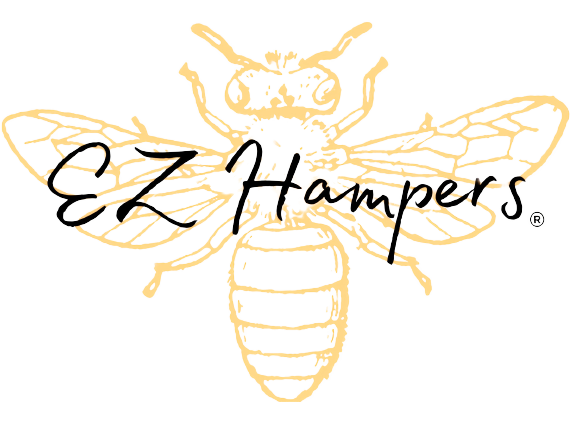World Autism Awareness Day takes place each year on the 2nd of April. This day aims to bring awareness to Autism and to reduce stigma, as well as to empower people with Autism. The day is recognised by the United Nations and is one of the seven official health-related days observed by the UN. Since 2012, each World Autism Awareness Day has had a theme, last years was “Inclusive Quality Education for All”. Other past themes include “Inclusion in the workplace,” “Empowering Women and Girls with Autism,” and “The Transition to Adulthood”. This year, the focus is on the lived experiences of autistic people as well as the transformation of the discussion around neurodiversity in the medical and academic field.
What is ASD?
Autism Spectrum Disorder or autism is a developmental disability often characterised by difficulties in social situations and sensitivities to sensory stimuli. However, there are many other characteristics that other individuals with autism may exhibit or experiences they may encounter. Such as special interests, avoiding eye contact, or not understanding certain social ‘rules’. Autism can be expressed differently in both children and adults, as well as in men and women. Women and girls with autism are more likely to ‘mask’, which means they don’t as outwardly display as many characteristics related to autism.
Myths about Autism
“Autism can be cured”- As stated by the NHS, “Autism is not a medical condition with treatments or a cure”.
“There’s something wrong with people with Autism”- Being autistic does not mean you have an illness or disease. It means your brain works in a different way from other people. Whilst autism is classed as a disability, the experiences of each individual person with autism differ.
“Autism is caused by vaccines”– Vaccines don’t cause autism, and there is no reputable scientific research to prove this is the case. Autism is theorised to be a result of a combination of genetic and nongenetic factors.
“Only boys or children can be autistic”– Anyone can have autism, regardless of gender. Women and girls are less likely to be diagnosed with autism due to a lack of knowledge on how girls exhibit autistic traits, and socialisation which often leads to the masking of certain behaviours. Equally, autism is a condition that carries on into adulthood and is lifelong.
“People with autism don’t have or express emotions”- People with autism most definitely feel and express emotions, however they can struggle to recognise and express these emotions. This can be due to a difficulty in recognising or understanding non-verbal cues. This therefore can lead other people to misunderstand and believe an autistic person may not feel any emotions about something when they in fact do.
Our ‘Invisible Me’ Book Hamper
To celebrate World Autism Awareness Day, we have created a hamper featuring ‘Invisible me’, the story of a young boy’s experiences with autism. The book is a touching and honest insight into the world of what being autistic is like for a child!
Contains:
Invisible Me Book
Brave Sea Salt Crunchy Chickpeas
Creative Nature Gnawbles Creamy M*lk Chocolate
Mr Popple’s Chocolate Creamy Mylk Chcolate
Angelic Chocolate Chip Plant Based Cookies
Hip Pop Blueberry & Ginger Kombucha
To find out more, visit the United Nations website on World Autism Awareness

